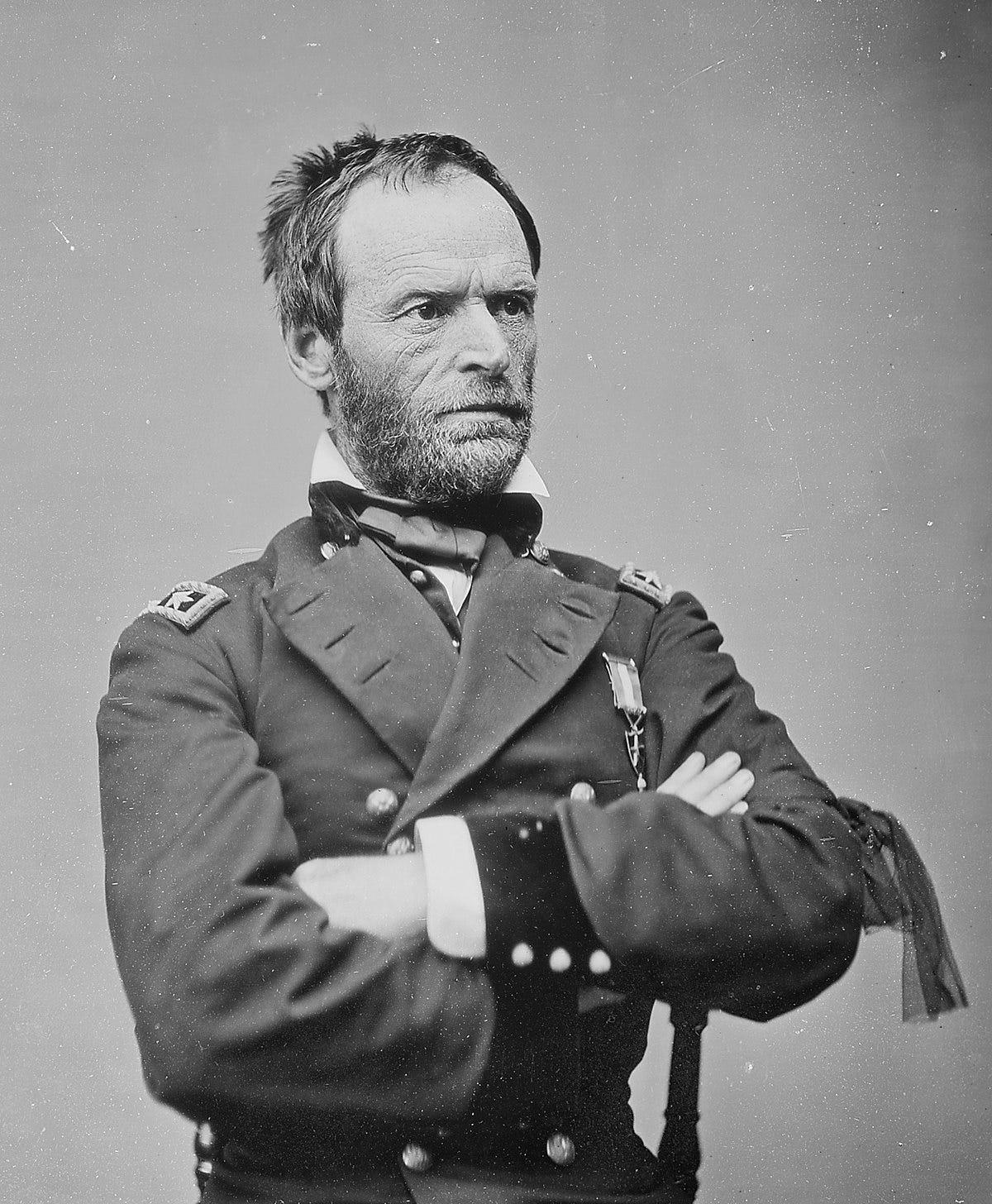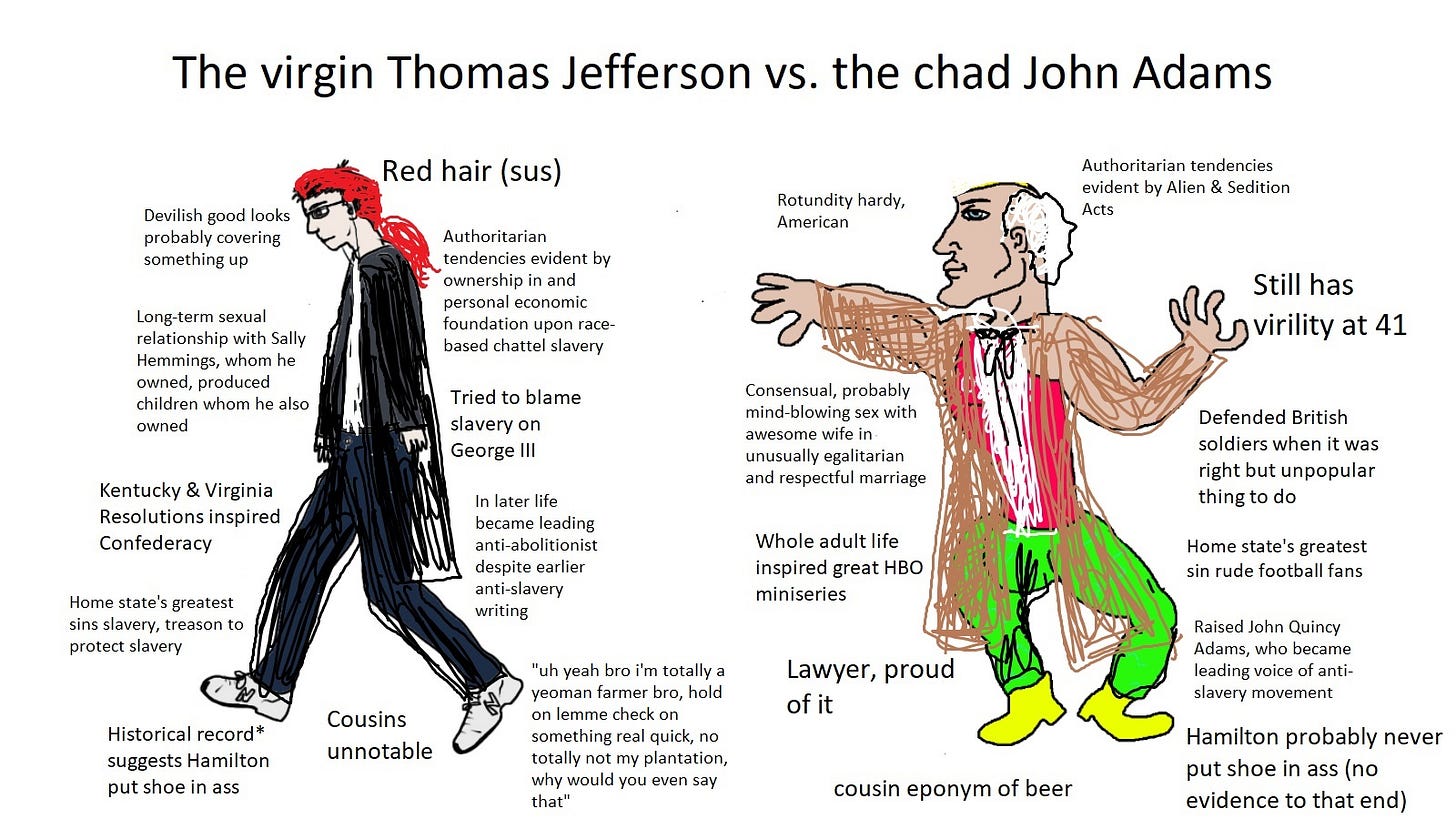Log 7/25: Mostly McPherson
Plus Barthes, Morrison, Roth, and Franklin & Schweninger, and the Talmud

I promise I have a good reason for not publishing here in the last 20 days, which is that my past two weeks have been consumed with adjusting to working my first non-independent (read: babysitting) job, as a counselor at Park Slope Day Camp. Reader, I live in Harlem, and reader, PSDC is in the southern part of its eponymous neighborhood. Usually it takes me about an hour to get there, but sometimes it takes me closer to an hour and a half. The upshot of this is that I really have to be in bed by 10 if I wish to get eight hours of sleep and be the best counselor I can be (it turns out that the others’ children’s well-being is a stronger incentive to sleep than my own ), and I have to shower before bed. I am left with limited time, especially if I care more about reading than about publishing what I read on here, as I do.
That said, the last twenty days have seen me finish James M. McPherson’s Battle Cry of Freedom: The Civil War Era (this past Wednesday) and Roland Barthes’s Mythologies (way back on July 7); they have also seen me read Toni Morrison’s Sula (between July 7 and July 8) and Philip Roth’s American Pastoral (from July 9 to July 23; I spent pretty little time actually reading it because I was so captivated by McPherson). Linked in this paragraph are my Goodreads reviews.
I read American Pastoral because it was one of three books that got the chopping block from this year’s Great Books syllabus because remote learning placed constraints on time. The other two are James Joyce’s A Portrait of the Artist as a Young Man, which I will probably begin tomorrow, and William Faulkner’s The Sound and the Fury, which I will probably read after Morrison’s Song of Solomon and possibly also Vladimir Nabokov’s Speak, Memory. It did not disappoint. I am disappointed that anything had to be cut from Great Books, of course, and could give particular reasons to be sad for any of the books had they been cut (though the two most essential, I think, are Jorge Luis Borges’s Ficciones and William Shakespeare’s Hamlet), but I regret that American Pastoral was cut beause I think it is probably essential reading for anyone who hangs out in predominantly-liberal-to-leftist milieus in postwar America.
I have recently been reading John Hope Franklin and Loren Schweninger’s In Search of the Promised Land: A Slave Family in the Old South, a fascinating and eye-opening window into a particular facet of the peculiar institution and the lives it shaped: the precarious gray area between slavery and freedom.
And the daf. The rabbis are lately arguing over whether a sukka counts as a sukka if the sides aren’t quite the length between the floor and roof, and how that changes if the side hangs down from the roof or goes up from the floor. Other than that I don’t follow.
Here’s a meme I made inspired by watching John Adams while sick:




